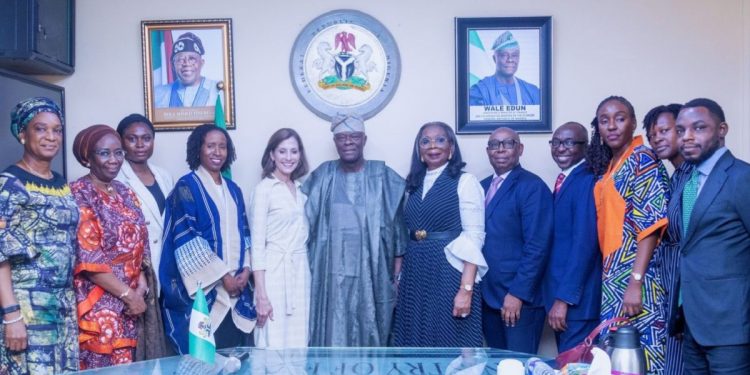The Federal Government has launched a $50 million investment into the Nigeria Wholesale Impact Investment Fund (WIIF), marking the first phase of a planned $100 million initiative aimed at accelerating sustainable economic growth across the country.
Announced via the Ministry of Finance’s X (Twitter) handle, the initiative is described as a demonstration of Nigeria’s commitment to transforming the economy through strategic investments in key sectors. The WIIF is a government-backed “fund of funds” that will not finance businesses directly but will instead invest in financial intermediaries such as development finance institutions, microfinance banks, and impact-focused fund managers. These intermediaries will then channel capital into projects and enterprises that drive measurable social and economic impact.
Targeted sectors include agriculture, infrastructure, digital innovation, and youth entrepreneurship, with a clear emphasis on improving access to finance for micro, small, and medium enterprises (MSMEs).
The fund was officially unveiled during a high-level strategy session in Abuja, led by the Minister of Finance and Coordinating Minister of the Economy. The meeting brought together major players from both public and private sectors, including the Impact Investors Foundation, the Global Steering Group for Impact Investment, and top finance and economic advisers to the presidency.
Discussions at the session focused on the fund’s implementation strategy, drawdown plans, and collaborations with entities such as the Development Bank of Nigeria. Proposals under review also include introducing innovative financing mechanisms such as government-backed guarantees to encourage private sector participation and reduce investor risks.
The WIIF is aligned with broader economic objectives under President Bola Tinubu’s Renewed Hope Agenda, which aims to achieve a seven percent annual growth rate and foster inclusive, sustainable job creation. The fund will also work alongside the African Development Bank-supported Youth Entrepreneurship Bank to expand financing options for young entrepreneurs.
Officials say the WIIF is not just a financial tool, but also a long-term development strategy. It is designed to mobilize significant capital, deliver impact through trusted partners, and ultimately reach underserved populations across economically vital sectors.
“This partnership exemplifies the power of public-private collaboration in advancing Nigeria’s economic priorities. We are committed to ensuring transparency, efficiency, and measurable impact in deploying these resources to benefit all Nigerians,” the finance minister said.
The WIIF’s blended finance approach is expected to de-risk investments in critical sectors, making them more attractive to both local and international investors. It is also intended to serve as a catalyst for strengthening Nigeria’s investment ecosystem, supporting enterprise growth, and building a more inclusive, resilient, and innovation-driven economy.










